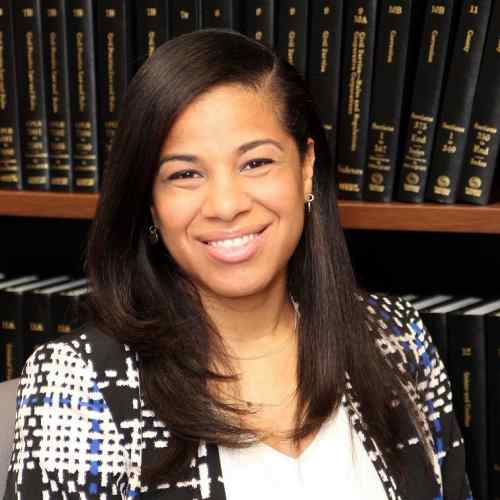On Women's Equality Day (today), National Academies reminds academia to “continue to drive bias, discrimination, and harassment out of our institutions and society. Despite decades of research, funding, and programs dedicated to increasing the representation of women in science, engineering, technology, mathematics, and medicine, the numbers, particularly in leadership roles, have remained low or stagnant in many fields, especially among women of color. Our [free, downloadable] reports explore the wide range of structural, cultural, and institutional patterns of bias, discrimination, and inequity that affect women, and the steps that can be taken to increase representation in STEMM.” Historically, these materials are promoted most heavily to marginalized groups. However, those impacted most negatively by marginalization cannot fix the bias, or the culture that penalizes them for asking, by themselves.
We all have a role in creating, and
maintaining an inclusive, equitable work and learning environment. Our
students learn not only from course content, but by the examples set by
faculty, staff and administration in their classroom and team management,
policies, and mentorship models. NAP titles include: Promising
Practices for Addressing the Underrepresentation of Women in Science,
Engineering, and Medicine: Opening Doors (2020); Seeking
Solutions: Maximizing American Talent by Advancing Women of Color in Academia:
Summary of a Conference
(2013); Sexual
Harassment of Women: Climate, Culture, and Consequences in Academic Sciences,
Engineering, and Medicine
(2018), The
Science of Effective Mentorship in STEMM (2019), and Beyond
Bias and Barriers: Fulfilling the Potential of Women in Academic Science and
Engineering (2007).
These, and other reports and proceedings under heading of “women and
minoritites”, are available to read online or download here. Some titles are also available for purchase in ebook or
print editions.
Some strategies suggested in these reports
include:
- Networking and group mentoring
for those in marginalized groups. The ESF Women’s Caucus will
be continuing its networking coffee breaks virtually this
fall. Please let us know your availability and a little bit about
you at https://forms.gle/2xEqkXLSjzsDbPKx7
Also stay tuned for information from the IDE Committee/OIDE about affinity
groups for students, and those newly forming for faculty and staff.
- Recognize that balancing work
and family is a universal challenge, with potential impact on retention,
equity and quality of work life. The ESF Women’s Caucus, therefore,
invites all caretakers (of children, parents, friends) to subscribe to FamilyResources
to share resources, family friendly events on or off campus, or to request
information from other list members. To subscribe, email: listserv@listserv.syr.edu and
leave the subject line blank, and message of: SUBSCRIBE
familyresources FirstName LastName.
In addition, the Association of American
Medical Colleges Gender Equity Lab (GEL) also
invites registration for its upcoming webinar, Community
Call: Creative Strategies to Address the Gendered Impact of COVID-19, September 3, 2020
3-4pm ET, With so many
personal and professional changes to our lives as a result of the pandemic,
more attention must be paid to how these changes disproportionately impact
women, especially women of diverse backgrounds. During this community call,
hosted by GWIMS, discuss with your colleagues creative solutions to the
gendered impact of COVID such as caregiving and dependent care issues, working
remotely, virtual practices and other topics – this call is open to all. [GEL]
recently launched … to assist members with these emerging issues and more calls
can be scheduled to meet the needs of the community and share resources. REGISTER. Submit your questions and resources to
discuss on the call. Questions? Contact Rebekah Corlew or Diana
Lautenberger






